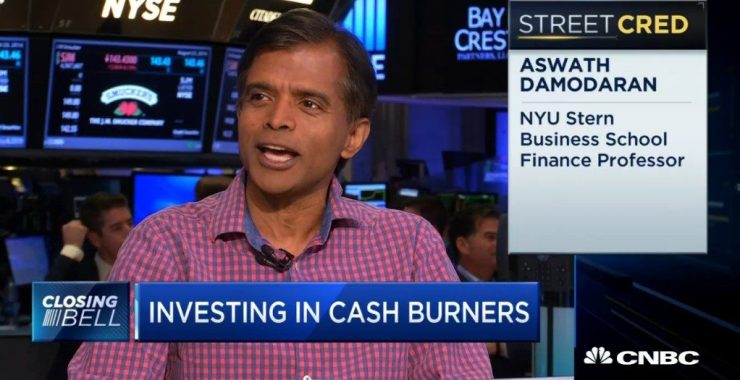Blog
How does the PE of a Public Company compare with a Private Company – Are Private Companies priced fairly?
I was recently asked about the comparison between the valuation of public companies and small, private companies. Specifically, the question was, “how does the PE multiple of a large public company compare with the multiple of a small privately-owned company in the Boston area?”
The answer is that the multiples used to value public and small (private) companies are different and comparing them is akin to comparing apples and oranges. The PE multiple of public companies is a multiple of net earnings, that is, earnings after interest and after taxes have been paid whereas the small company multiple is typically applied on SDE (Sellers Discretionary Earnings), or EBIDTA (Earnings before Interest, Depreciation, Tax, and Amortization). EBIDTA measures a company’s operating performance without factoring financing, accounting, or tax environments. And SDE also eliminates owner’s compensation and benefits as owner’s salary is a discretionary expense in the hands of the owner and most small business owners base their compensation and benefits not at fair market value but at a level that minimizes taxes. (Thus SDE = EBIDTA + Owners Compensation/Benefits).
However, I was intrigued by the question so I did a mathematical exercise to bring these two different measures to parity and see if we could compare the valuation of small companies with their larger publicly traded counterparts. And through this exercise establish if there was fairness in how the market values small companies.
Let’s first consider a typical large cap mature company trading at 25 times earnings (i.e. PE ratio = 25) and valued at $15 billion with $1 billion in net earnings.
| Net Earnings | $1000M |
| Earnings before tax (assuming tax at 25%) | $1333M |
| Interest (assuming debt of $10B at 8% rate) | $800M |
| Earnings Before Interest & Tax (EBIT) | $2133M |
As per the above table, $1B in net earnings translates to approx. $2.1B in EBIT, and with $15B valuation the multiple on EBIT for this large public company comes to around 7 which is close to the multiple on EBIDTA a typical small company gets. Small companies usually sell for 4 to 6 times EBIDTA, hence, the answer to the question if the market fairly values small companies is – yes.
Let’s look at this question another way. Small companies generally sell for 4 to 6 times EBIDTA. As per public data on all companies listed in the United States, average EBIDTA is around 3 times net earnings. So, a small company valued at 4 to 6 times EBIDTA would translate to 12 to 18 times net earnings. Generally, large companies have lower risk than a small company due to a broader and more diversified range of customers, suppliers, geographies, and they also tend to have more professional management and a better structure. One can argue that this risk differential would translate into a higher multiple for large companies, but one can also counter argue that investors in large companies enjoy minority control whereas the buyer of a small company generally enjoys full controlling interest, and this should mean a higher multiple for small companies.
In effect, let’s say these two divergent points nullify each other so we make no adjustment to the multiple one way or the other. Next, we need to think about Risk due to Marketability or lack thereof. Investors in public companies can easily liquidate their investments at any time whereas an investment in a private company is illiquid and can take much longer to liquidate. Hence public companies should enjoy a higher multiple so let’s give it a 33% premium for lower marketability risk. So, our typical small company that sells for 4 to 6 times earnings translated to 12 to 18 times net earnings is equivalent in risk-reward to a public company trading at a PE Ratio between 16 and 24, which is quite fair.
The best advice for a small business owner in Massachusetts/Rhode Island interested in understanding valuation is to contact a business intermediary who offers a free opinion of value. For more information on valuation or to set up a complimentary consulting meeting with a Sunbelt business broker in Boston please visit https://www.sunbeltnetwork.com/boston-ma/valuations/.



